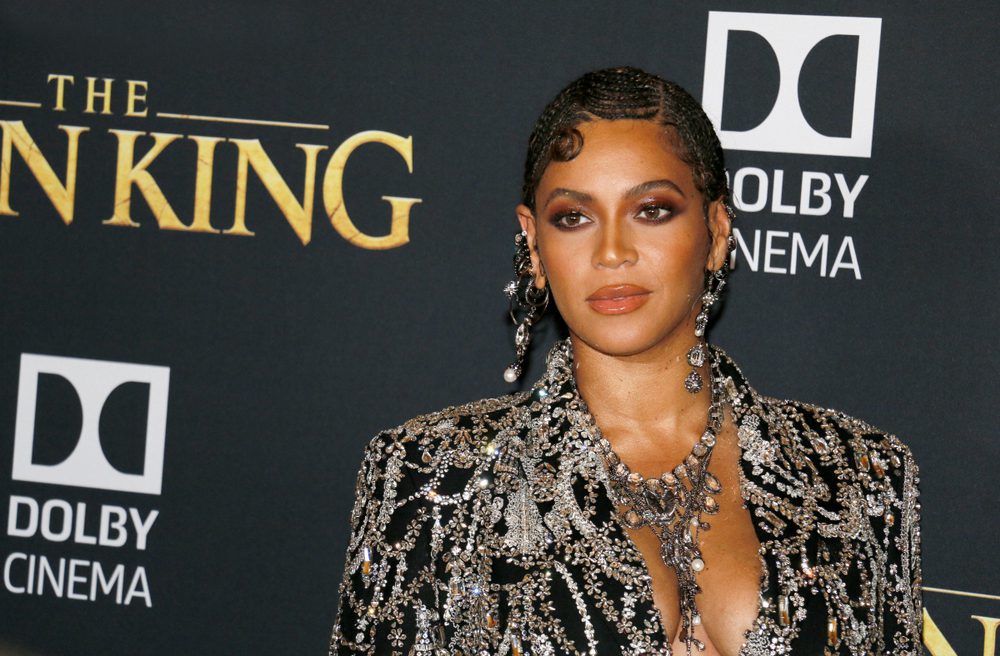As the world continues to watch the evolution of celebrity culture, one story stands out: Beyoncé’s long-standing quest to trademark her daughter Blue Ivy’s name. This legal saga, now in its twelfth year, highlights the complexities of celebrity branding and the protection of personal identity in the commercial space.
The trademark application process
Beyoncé’s legal team is currently engaged in a battle to secure a trademark for the name Blue Ivy Carter. Recently, they filed a motion with the federal trademark office to register her name, following a previous ruling that denied the trademark due to potential confusion with a clothing boutique in Wisconsin that has used the name since before Blue Ivy’s birth.
Arguments against the ruling
The superstar’s lawyers argue that there is no reasonable basis for confusion between the famous Carter family and a small clothing shop in rural Wisconsin. According to Billboard, they assert, “Nor would a reasonable consumer encounter the ‘Blue Ivy Carter’ mark and conclude that the famous Carter family had teamed up with a small shop in rural Wisconsin to launch a clothing line.” This argument underscores the disparity in recognition between a global icon and a local business.
The origins of the trademark application
Beyoncé first filed for the trademark through her BGK Trademark Holdings LLC just one week after Blue Ivy’s birth in January 2012. At that time, the couple faced public scrutiny, with many speculating that they intended to commercialize their daughter. However, Jay-Z clarified their intentions in a 2013 interview with Vanity Fair, stating that the trademark was meant to protect their child from potential commercial exploitation. He explained, “People wanted to make products based on our child’s name, and you don’t want anybody trying to benefit off your baby’s name.” This proactive approach reflects the couple’s desire to safeguard their family’s legacy.
Legal challenges and delays
Fast forward to today, and the trademark remains pending. The delay stems from a legal dispute with Veronica Morales, who owns a lifestyle event planning company named “Blue Ivy” and holds a trademark for it. Although the U.S. Patent and Trademark Office dismissed Morales’s complaints in 2020, Beyoncé’s legal team faced another setback in April when a trademark examiner issued a tentative ruling stating that the mark was “confusingly similar” to the Wisconsin clothing store’s name.
International recognition vs. local business
Beyoncé’s attorneys argue that Blue Ivy Carter is an internationally recognized figure, which should exempt her from being barred from trademarking her name due to a small local business. They contend, “Since the moment she was born, she has resided in the American public’s conscience and thus … the consuming public would associate her with a trademark bearing her name.” This statement emphasizes the cultural significance of Blue Ivy, who has grown up in the public eye.
Blue Ivy’s upcoming projects
As the trademark battle continues, Blue Ivy Carter is also making her mark in the entertainment industry. She is set to make her vocal acting debut in Disney’s Mufasa: The Lion King, where she will voice Kiara, the daughter of Simba and Nala. This upcoming role not only showcases her talent but also solidifies her place in the legacy of her iconic parents.
The ongoing trademark saga surrounding Blue Ivy Carter serves as a fascinating case study in the intersection of celebrity, identity and commerce. As Beyoncé and Jay-Z navigate the complexities of protecting their daughter’s name, they highlight the importance of safeguarding personal identity in an age where branding is everything. This story is not just about a name; it’s about legacy, protection and the future of a young girl who is already making waves in the entertainment industry.





